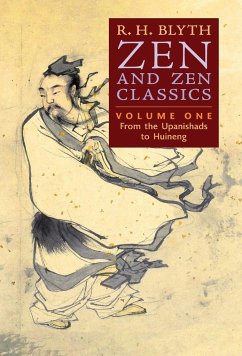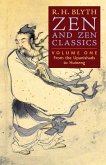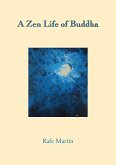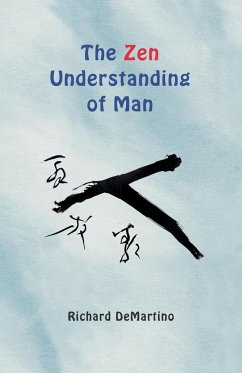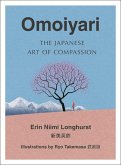This work is a fascinating introduction to Zen and to the self-enlightenment and inner reason that has been a driving force in the history of Japan. In the volumes comprising Zen and Zen Classics, Reginald Horace Blyth (1898-1964) devotes himself to conveying the true character and attitude of Zen, leading the reader to a heightened sense of inner self and to an awakening of awareness of the surrounding universe and one's relationship to it. In Volume One, after discussing "what is Zen?" (and what isn't), Blyth sketches a history of Zen from 1000 B.C. to A.D. 715, the year of the death of the Sixth patriarch, Huineng. With a historical background thus established, he next provides translations and commentary on some of the most important and basic Zen literature. For the Zen initiate, then, this book provides an excellent place to begin. For the practitioner, further meaningful revelations await.
Hinweis: Dieser Artikel kann nur an eine deutsche Lieferadresse ausgeliefert werden.
Hinweis: Dieser Artikel kann nur an eine deutsche Lieferadresse ausgeliefert werden.

